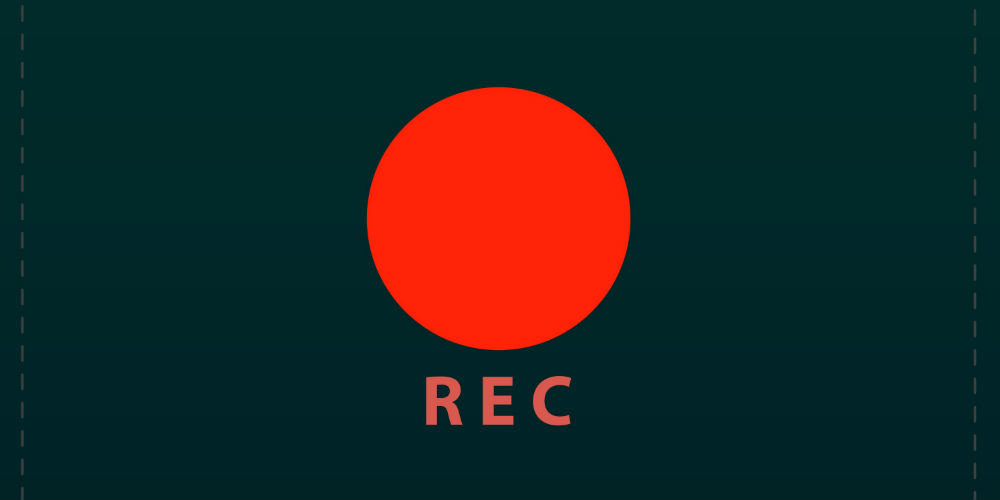India's Recording Requirements Take Effect Next Month
December 11, 2017
By
Paula Bernier,
Executive Editor, TMC

2017 is coming to a close. And just after the stroke of midnight on New Year’s Eve, some organizations in India are going to go KOOKOO.
That’s because new rules by India’s Securities and Exchange Board go into effect Jan. 1 that require stockbrokers to record all trade-related calls. And KOOKOO, a call recording system provided by Ozonetel Communications, will enable them to meet that new regulation, which aims to prevent unauthorized trades.
This is a cloud-based solution, so there’s no need for new equipment at the customer premises. It stores recordings for five years on Amazon S3. And it enables users to easily search and retrieve recordings for compliance or other business-focused purposes, such as staff training and development.
KOOKOO is already in use by customer customers as HDFC Bank, HDFC Life, Mahindra Finance, PNB Asset Management, and State Bank of India.
While digital records are the most advanced way to attain, retain, and reuse such interactions, the Securities and Exchange Board of India enables organizations to meet these upcoming requirements using hand written documents signed by client, phone recordings, emails from an authorized ID, logs of internet transactions, records of SMS messages, or other legally verifiable records. That said, these rules are likely to increase the use of call recording technology to keep reliable data on who agreed on what and when.
What’s happening in India on this front is part of a larger trend.
The European Union’s MiFID II rules also go into effect next month. These rules will make recording of mobile conversations related to financial transactions mandatory on both personal- and company-owned devices. MiFiD II also will require organizations to store these interactions for five years. And it covers conversations between both wealth managers and independent financial advisors, and their clients.
Edited by Maurice Nagle
 Internet Telephony Magazine
Click here to read latest issue
Internet Telephony Magazine
Click here to read latest issue CUSTOMER
CUSTOMER  Cloud Computing Magazine
Click here to read latest issue
Cloud Computing Magazine
Click here to read latest issue IoT EVOLUTION MAGAZINE
IoT EVOLUTION MAGAZINE




